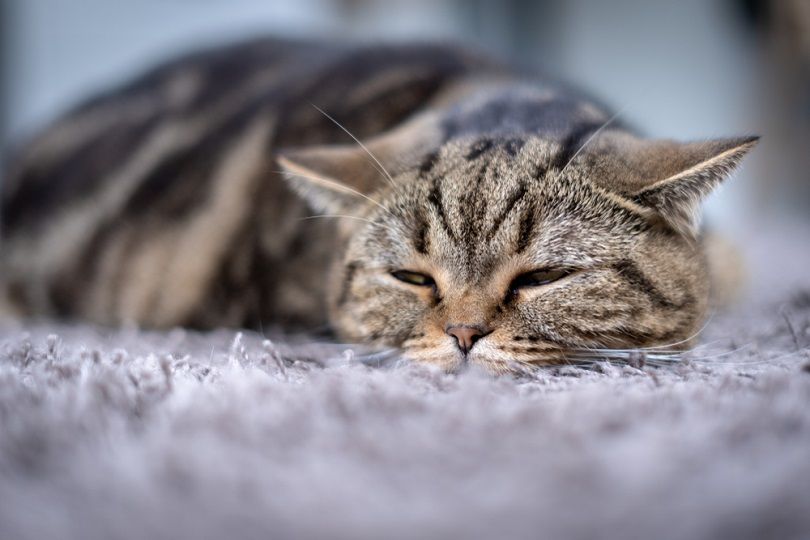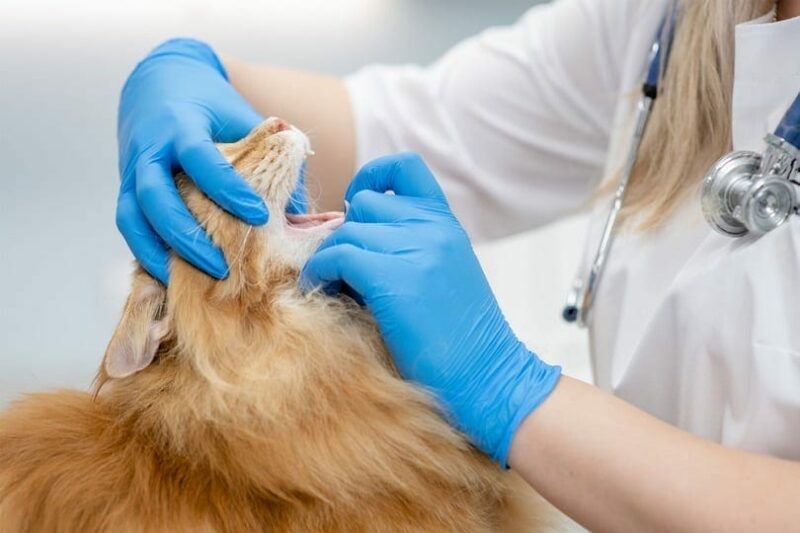Is Coleus Toxic to Cats? Keeping Your Cat Safe
Updated on
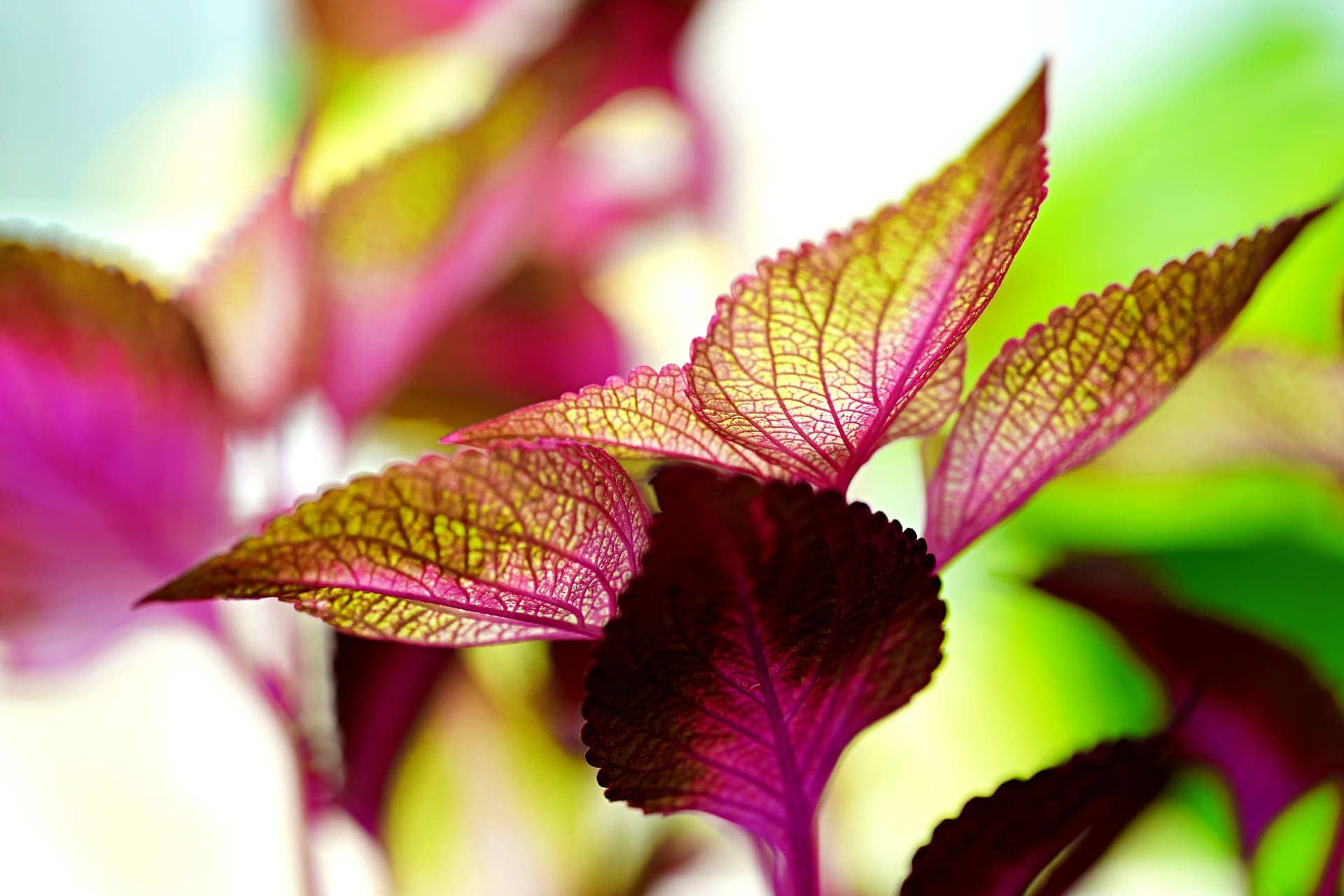
Click to Skip Ahead
The Coleus amboinicus is a perennial plant with spectacular foliage that is typically grown outdoors but can be grown indoors, too. However, if you have a cat that’s been sniffing around your coleus, you might be wondering if it’s safe for them. Unfortunately, coleus may be toxic for cats, and it’s best to keep them away from this plant.
We’ll look closer at the coleus and what can happen if your cat comes into contact with it. We’ll also discuss what the treatment might entail and how to look after your cat afterward.
 About the Coleus
About the Coleus
The Coleus amboinicus (also known as Plectranthus amboinicus) is an aromatic herb native to parts of Africa, the Arabian peninsula, and India. It’s a tropical perennial that generally grows in a zone 11 climate, such as Florida and Costa Rica.
- Bread and butter plant
- East Indian thyme
- Spanish thyme
- Indian borage
- Country borage
- Stringing thyme
It is primarily grown as an outdoor plant, but it can be grown indoors, too.

- Watermelon
- Fishnet
- Dark Star
- Chocolate-Covered Cherry
- Alabama
- Rustic Orange
- Painted Lady
- Chocolate Mint
- Chaotic Rose
- Henna
- Limelight
- Inky Fingers
These varieties have unique names that fit their amazing colors. Coleus plants grow to about 3 feet tall in a mound shape. The leaf colors are bright and variegated, and they can be green, burgundy, purple, orange, yellow, pink, or white. The leaves typically have an oblong shape with toothed leaves, but not all share this trait. Coleus species have different toxicity levels, and some are not toxic at all.
Cats and Coleus
The Coleus amboinicus is poisonous to cats. The ASPCA has placed coleus on its list of toxic plants for cats, dogs, and horses. However, it is not listed on the other poison databases we have searched, so it is unclear to what degree of exposure to the plant may be a problem for your cat.
It appears that other articles reference the ASPCA site, and we could not find many other studies into the toxicity of Coleus amboinicus in cats. There also seems to be a discrepancy in the spelling; we are using the spelling provided by the botanical societies.
The primary toxic ingredients in coleus are in its essential oils, diterpenes, and flavonoids, so it could poison your cat if any is ingested or even if your cat just brushes up against it and gets some on their skin.
Coleus amboinicus goes by many other names, including:
- Contact dermatitis
- Vomiting
- Diarrhea
- Drooling
- Tremors
- Depression
- Lethargy
- Loss of appetite
- Hypothermia
- Slowed breathing
Contact dermatitis can occur when your cat brushes against the coleus or gets it around their mouth after ingesting it.
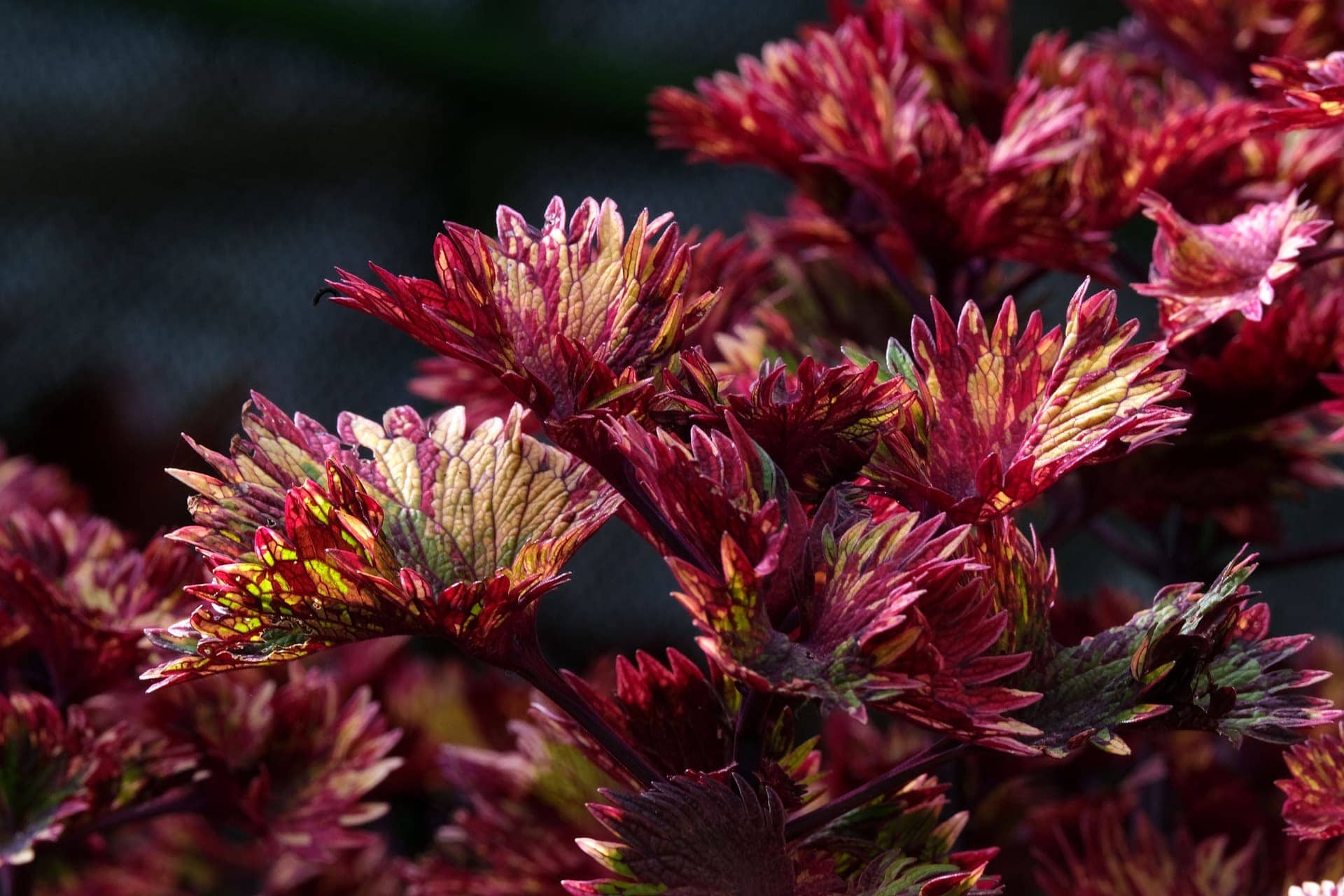
What Should You Do If Your Cat Eats the Coleus?
If you catch your cat eating any of the coleus, contact your vet or the closest emergency clinic. If they recommend a check-up, bring the plant or a photo with you if you’re not 100% sure what kind of plant it is so your vet can give your cat the suitable treatment.
What Treatment Will Your Cat Receive?
Your cat is not likely to suffer severe consequences from eating a little coleus, but if they eat a large amount, the vet might induce vomiting to ensure the removal of the plant from your cat’s stomach. Activated charcoal is commonly used to help adsorb toxins in poisonings.
Saponins are irritants, and if your cat has pronounced vomiting and diarrhea, they may have to be rehydrated and take medications to help stop it.
Helping Your Cat to Recover
How much coleus your cat ingested will impact their recovery. Essential oils are highly toxic to cats, which could make the coleus dangerous. Cats lack an enzyme that helps metabolize essential oils in the liver, so physical contact can cause skin irritation and blisters, and ingesting some essential oils can lead to kidney and liver damage.
Your vet will give you instructions on how to help your cat continue to recover at home. You’ll want to ensure that your cat has the space and time to recover fully, including keeping their immediate environment quiet and stress-free. Monitor your cat for any changes to their habits and state of health. If you have any concerns, discuss them with your vet.
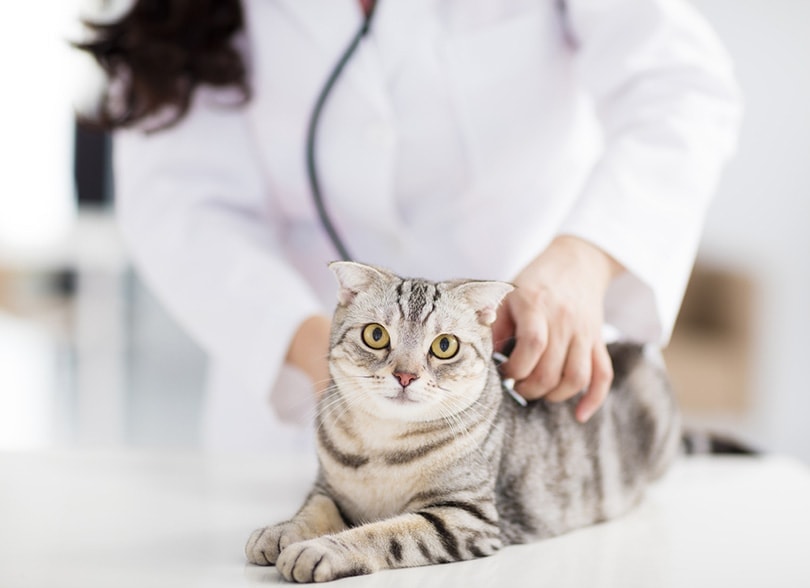
Avoiding Coleus Poisoning
As there is some uncertainty about the level of toxicity of coleus, it is wise not to take any risks. Your best bet is to remove the Coleus amboinicus plants from your garden and house or ensure they are protected from cats. Cats are curious and love to chew on things that aren’t always good for them, so it’s better to be safe than sorry.
If you have an indoor coleus, you could keep it confined to a room that’s already off-limits to your cat, but you’ll probably still want it in a location your cat can’t reach.
 Conclusion
Conclusion
Overall, if you own a cat and a coleus, you should consider removing the plant for your cat’s safety. The ASPCA has an extensive list of non-toxic plants for cats that you can choose your next plant from. That way, you and your cat can safely enjoy your new plants.
- Spider plant
- Baby’s tears
- Zebra plant
- Banana plant
- Boston fern
- Butterfly palm
You’ll still want to stop your cat from eating any of these plants to prevent upset tummies. If you want them to eat something safe for cats that’s simple to grow, consider cat grass. Many cats enjoy a good munch on cat grass and can do so safely.
Related Reads:
- Is Oxalis (Shamrock Plant) Poisonous to Cats?
- Is Anthurium Toxic to Cats? Keeping Your Cat Safe
- Are Dahlias Poisonous to Cats
Featured Image Credit: Pixabay

 About the Coleus
About the Coleus
